Able stay-at-home parent is agreed that vinegar of all kinds (apple vinegar, white vinegar…) is a cheap and effective liquid in cleaning operations, but they keep the aforementioned natural cleaner away from the following places, when caring for it, in order to avoid damaging it. An overview of the things that should not be poured with vinegar, in cleaning, is given below.
Raw materials that do not tolerate vinegar
Wooden Furniture: Vinegar damages the texture of wood, especially when the liquid is poured onto the piece of furniture, leaving unsightly streaks. It is correct to mix a small amount of vinegar with wood furniture polish oil to get the desired result. Similar to wooden furniture, vinegar will damage natural wood (parquet) floors.
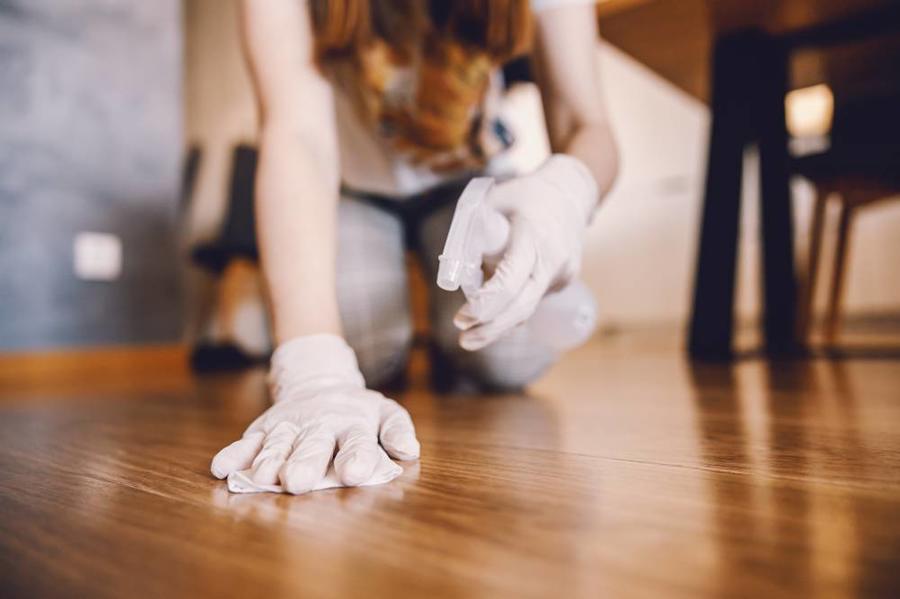
Jazanite: Although cleaning granite countertops with vinegar does not cause noticeable damage, the use of this liquid may cause the granite to dull over time, because vinegar is acidic, which changes the color of the material and makes it rough.
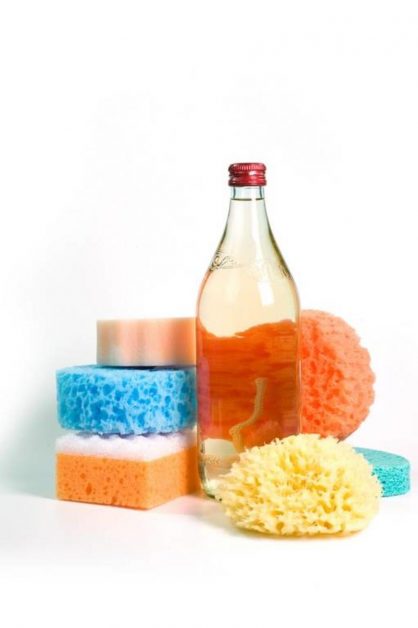
Ceramic: It is difficult to keep ceramic tiles clean, but that does not mean that vinegar works in this setting, as the natural liquid corrodes the material. Therefore, it is preferable to use warm water with dish soap added to it when cleaning ceramic tiles.
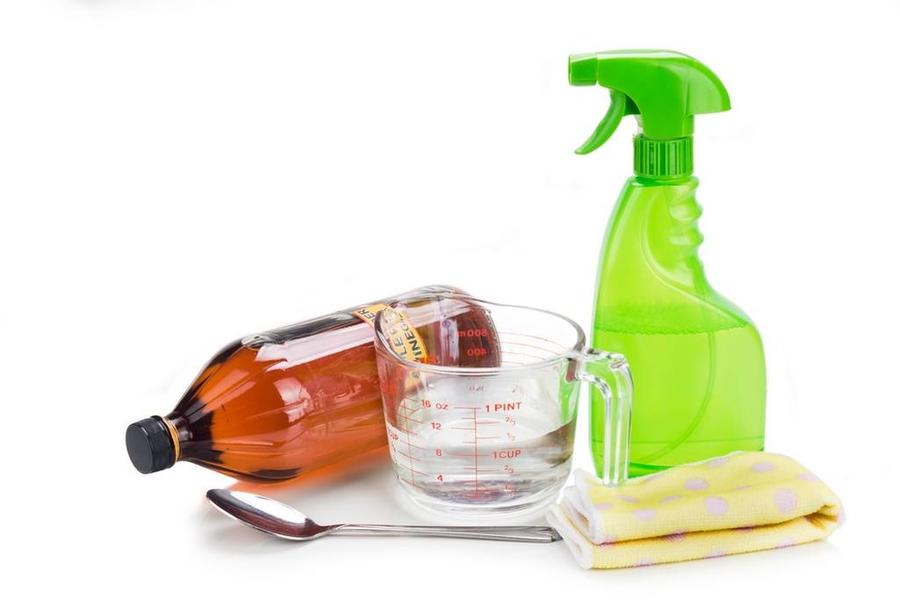
Marble: The material is porous, so vinegar will seep into it and cause its erosion, with passaging time, as its color fades. It is correct to use gentle dish soap and warm water to keep marble surfaces shiny.

Rubber: Cleaning the rubber hoses of a dishwasher, washing machine, or other appliance will help make it work more efficiently. However, the vinegar “swallows” the rubber, which can cause leakage. Therefore, clean the hoses with dish soap and baking soda to remove mold and other dirt.
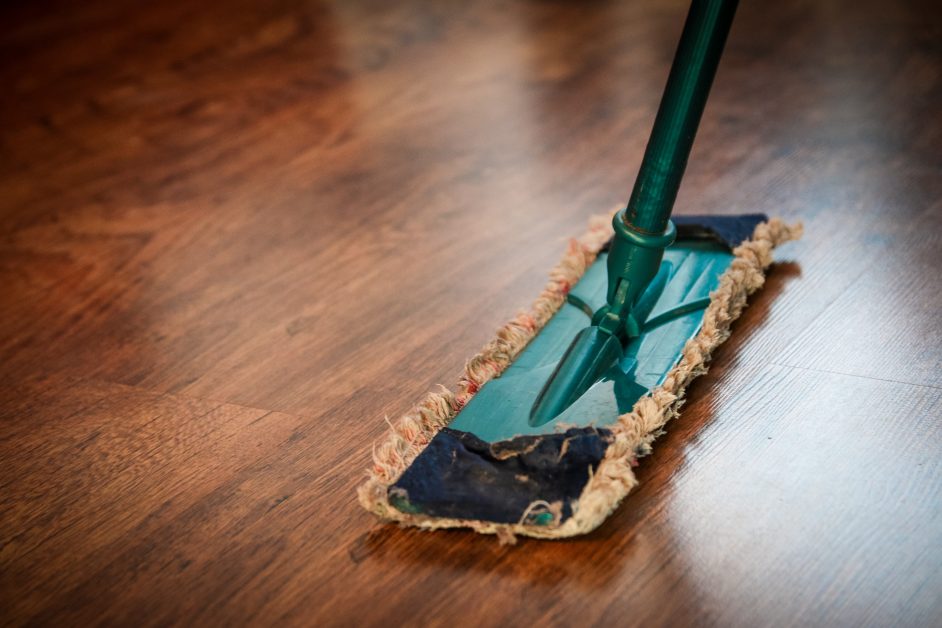
kitchen knives
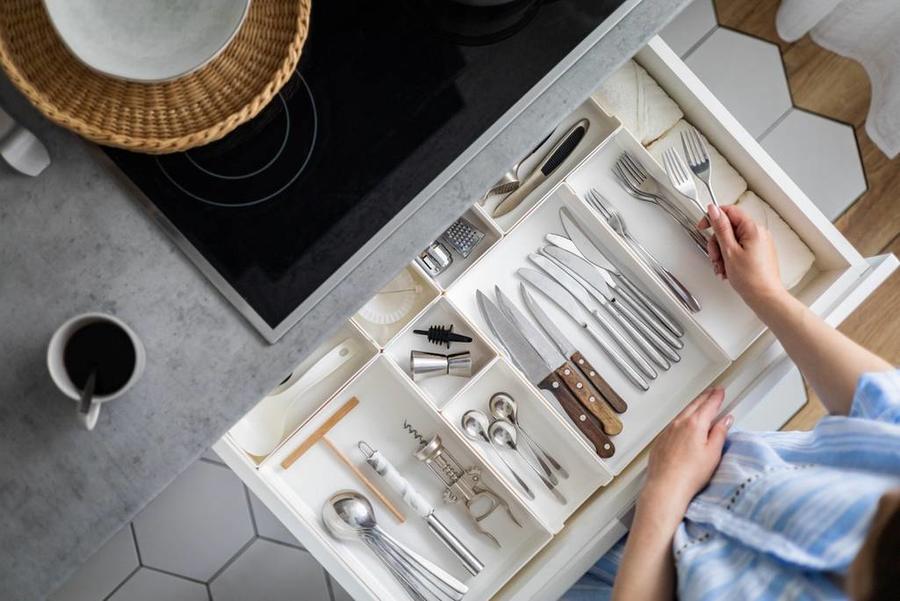
Vinegar can be effective in removing rust from kitchen knives, but otherwise the acid in the vinegar formula will corrode the blades, so knives can be kept in good condition by scrubbing them with water and dishwashing liquid, and washing and drying them well.
Although vinegar may be an easy option to sanitize screens, it can damage the protective coating of cell phones and computers.
Medical alcohol is a preferred option to remove germs and bacteria from these devices.
In addition, vinegar should not be mixed with ready-made chemical cleaning products; Most times, the combination of vinegar and other common cleaning solutions can lead to the formation of toxic gases!
